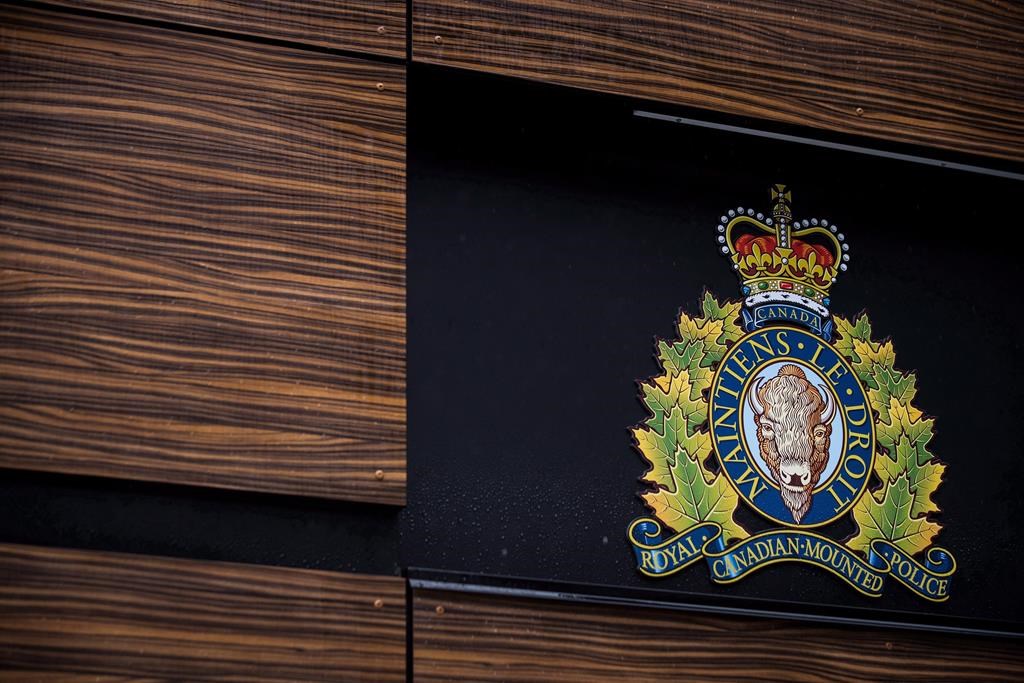PORT ALBION, B.C. – Indigenous leaders are calling for an investigation into the conduct of Mounties on Vancouver Island after two members of a small First Nation were shot by police in the last three months.

A Tla-o-qui-aht woman was badly injured after being shot multiple times Saturday when police responded to a report of a disturbance at a home in the community of Port Albion, located on the west coast of Vancouver Island.
The shooting follows the death of Julian Jones, a 28-year-old Tla-o-qui-aht man, who was shot and killed by RCMP officers on Meares Island in late February.
Judy Wilson, the secretary-treasurer of the Union of B.C. Indian Chiefs, said the conduct of the RCMP detachments in the communities of Tofino and Ucluelet needs to be investigated in the wake of the most recent shooting.
“This tragedy, this trauma, it will stay with the family and the children for generations to come,” she said.
She said the victim is a mother of two and suffered gunshot injuries to her spine, leaving questions about her future quality of life.

Get breaking National news
“There should be a review. How are they handling these calls to the community?” Wilson said.
The Tla-o-qui-aht First Nation is a member of the Nuu-chah-nulth tribal council.
Tribal council president Judith Sayers said her members have been left with a lot of questions and few answers from police.
“Can you imagine having had your daughter, or your brother, or someone you know shot and you don’t know why? You don’t know what the circumstances were until an investigation is complete,” she said.
“There’s got to be more details provided and I’m sure that can be done without impugning the investigation.”
Sayers said police forces across Canada need to re-evaluate their use-of-force protocols and training, particularly when it comes to working with Indigenous or other communities they may have little experience with.
- Village of Granisle, B.C., faces lawsuit over aluminum-contaminated water
- ‘I don’t think the public are buying it’: Fallout from the Musqueam agreements
- Permanent B.C. time change concerns businesses on both sides of Canada-U.S. border
- Surrey jewelry store employee testifies she begged suspects not to kill her
Officers may feel alone or unwelcome in a community where they don’t know many, or any, people and police training needs to work with Indigenous groups to help officers understand and respect the community they’re entering, Sayers added.
The RCMP declined to comment on the requests by Indigenous leaders, citing an investigation by the Independent Investigations Office.
The police watchdog, which investigates all officer-related incidents that result in serious harm or death, is investigating both of the shootings.
For the first time in its history, the watchdog allowed an Indigenous community member to act as a civilian monitor in its investigation into the death of Jones.
The monitor is able to look at any aspect of the investigation, interview investigators and submit a report at the end on its competency and outcome.
Ron MacDonald, the chief civilian director of the investigations office, said in an interview that it is looking to have a similar position made available for this investigation.
“We want to do as effective an investigation as we can and we also want to do it in such a way that engenders as much trust in the community as we’re able to do,” he said.
MacDonald said the watchdog is looking at developing a community liaison to help with its work with Indigenous groups.






_848x480_1397405763961.jpg?h=article-hero-560-keepratio&w=article-hero-small-keepratio&crop=1&quality=70&strip=all)

Comments
Want to discuss? Please read our Commenting Policy first.